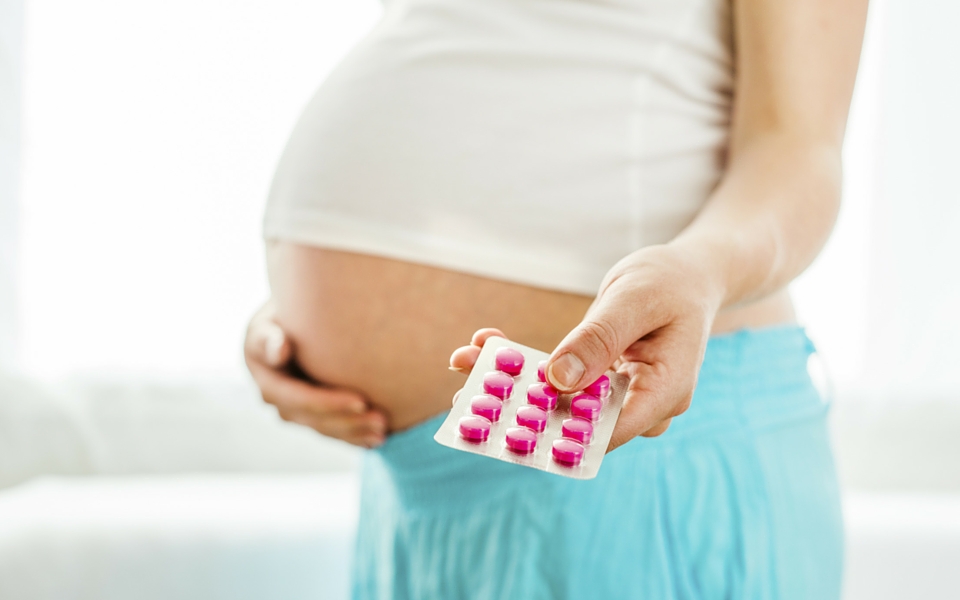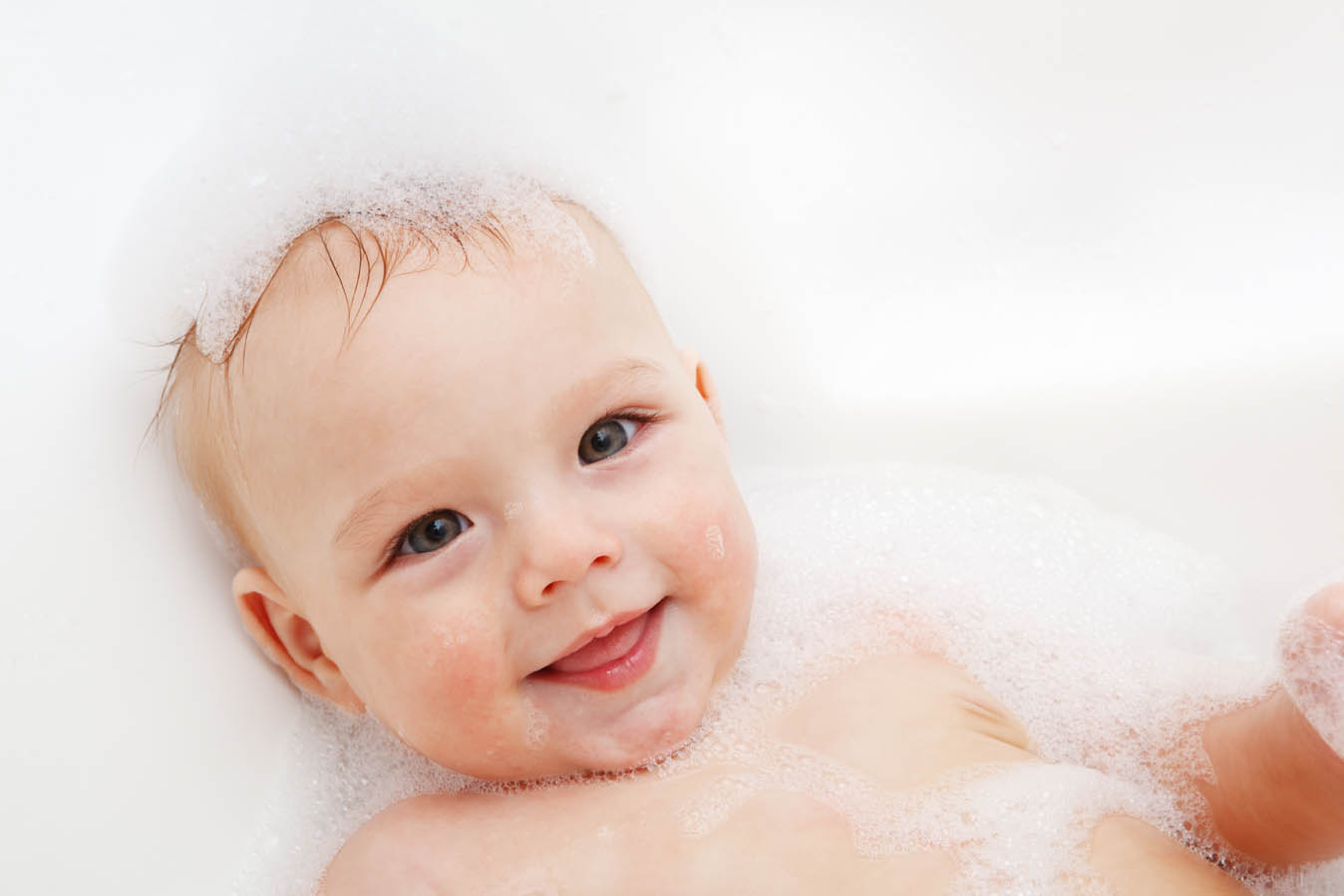What Is Benadryl?
Benadryl, also known as diphenhydramine, is a type of antihistamine that is used to treat a cough, cold, itching, watery eyes, hives and other allergy symptoms. It is also used for managing anxiety and insomnia, which is common among pregnant women.
The drug is available in two major forms, tablets and syrup . Other brand names of diphenhydramine include Sominex, Nytol, and Unisom.
Can You Take Benadryl (Diphenhydramine) While Pregnant?
Yes, it is safe to take Benadryl during pregnancy, but only after consulting your doctor.
The US Food and Drug Administration lists Benadryl as a category B drug for pregnancy risks, which means that there are no known harmful side effects of it. However, there is no proof that it is entirely safe during pregnancy, and should only be taken if prescribed by a doctor.
How Much Benadryl Is Safe To Take During Pregnancy?
The recommended oral dosage is 25mg to 50mg (one to two Benadryl tablets) once in every four to six hours as suggested by the doctor.
Benadryl can sometimes lead to drowsiness or dizziness, so it is better to avoid activities such as driving, working with tools or machinery when you are on the medication. In any case, take the dosage prescribed by the doctor to stay safe.
What Could Be The Side Effects Of Benadryl During Pregnancy?
1.Benadryl is not linked to any birth defects. But when taken in excess, it could put the mother at risk.
2.Nervous system effects: Benadryl has sedating qualities and causes drowsiness, which can lead to depression in the long term. It also causes light-headedness, blurred vision, spatial and mental disorientation, loss of appetite, hallucinations, nervousness, and insomnia.
3.Hypersensitivity: Studies by the John Hopkins University showed that diphenhydramine could cause hypersensitivity that could lead to rashes, eczema, and pruritis.
4.Cardiovascular and gastrointestinal problems: Headaches, hypotension, palpitations and tachycardia, and mild gastrointestinal issues such as nausea, vomiting and dry mouth are also noticed.
5.Fetal morbidity: Benadryl, in combination with another drug Restoril (or temazepam used for treating anxiety), is likely to increase the risks of fetal morbidity .
6.Birth defects: Studies show that taking diphenhydramine in the first trimester can increase the chances of the baby having a cleft lip or palate.
When To Avoid Benadryl During Pregnancy?
Stay off Benadryl if you have any of the following:
Colostomy or ileostomy
Breathing issues such as asthma
Gastro and intestinal conditions
Liver and kidney problems
Urinary problems
Glaucoma
Blood pressure
Thyroid problem
Keep reading to know the answers to frequent queries about Benadryl during pregnancy.
मूल म्हटले, की त्याचे खेळणे, हसणे आणि रडणे आलेच. ते जन्मताच रडू लागते आणि हे रडणेही सामान्य असते. परंतु जन्मानंतरही अनेकदा लहान मुले झोपेतून अचानक जागी होऊन रडू लागता. त्यांच्या रडण्याचे कारण पालकांच्या लक्षात येत न आल्याने काय करावे ते सुचत नाही. बाळाच्या रडण्याची काही मुख्य कारणे ही असू शकतात.
अनेकदा मुलांच्या रडण्याचे कारण हे शारीरिक त्रास असते. एवढेच नाही तर वातावरणातील तापमान खूप गरम किंवा थंड असले तरी झोपेतून अचानक उठून मुले रडतात.
बाळाच्या झोपण्याची जागा व्यवस्थित नसेल तर ते आरामात झोपू शकत नाहीत. हे सांगता येत नसल्याने ते रडू लागते.
थोडी मोठी झालेली मुले दीर्घकाळ शांत झोपू शकत नाहीत. त्यांना लवकर भूकही लागते. यामुळे मध्यरात्री भुकेमुळे मुले रडू लागतात.
मुलांचा ओला डायपर बदलला नाही तर त्यांना त्रास होऊन ते रडतात.
मुलांना जवळ कोणी नसेल तर असुरक्षित वाटू लागते. अनेकदा आईला न पाहूनही मुले रडतात.
कधी-कधी मुले विचित्र स्वप्ने पडल्यानेही घाबरुन झोपेतून उठून रडतात.
स्तनपान करवणारी आईद्वारे घेत असलेला आहार बाळाला मिळत असतो. अशात आईच्या आहाराचा प्रभाव ब्रेस्ट मिल्कच्या गुणवत्तेवर येत असतो. अधिक प्रोटीन आढळणारे आहार जसे साबूत धान्य, डाळी, ड्राय फ्रूट्स, ताज्या भाज्या-फळं, अंडी आणि चिकन सारख्या वस्तू आई आणि बाळ दोघांच्या आरोग्यासाठी उत्तम आहे. स्वत:ला हायड्रेट ठेवण्यासाठी आईला ताज्या फळांचा ज्यूस, नारळ पाणी, लस्सी आणि लिंबाचा रस पिऊ शकतात.
लक्षात ठेवण्यासारख्या गोष्टी
* आमच्या देशात तूप आईसाठी उत्तम मानलं जातं. याचे फायदे तर आहे परंतू याने नंतर वजन वाढण्याची शक्यता नाकारता येते नाही. डिलेव्हरीनंतर तीन महिन्यापर्यंत आयरन आणि कॅल्शियम सप्लिमेंट घेतले पाहिजे.
*भरपूर प्रमाणात पाणी प्यावे, याने दुधाचा प्रवाह वाढेल. ओटमील, बडीशेप, लसूण, आणि गाजर सारख्या वस्तू सेवन केल्याने दुधाचं उत्पाद वाढतं.
*मसालेदार आहार घेणे टाळावे कारण याने पचन शक्ती प्रभावित होते.
*पुरेसं दूध नसेल येत तरी ताण घेऊ नये. ताण घेतल्याचा प्रभाव हार्मोंसवर पडतो. यासाठी डॉक्टरांचा सल्ला घेणे उचित ठरेल.
नवजात शिशूची त्वचा नाजूक असते. अशा वेळी तुम्हाला बाळाच्या त्वचेची विशेष काळजी घ्यावी लागते. त्याच्या त्वचेसाठी कोणते प्रॉडक्ट योग्य आहे आणि कोणते अयोग्य, याचा निर्णय तुम्हाला खूप विचारपूर्वक घ्यावा लागेल. कारण, प्रत्येक कॉस्मेटिक प्रॉडक्टध्ये केमिकल असतात. यामुळे बाळासाठी योग्य प्रॉडक्ट निवडणे आवश्यक आहे.
* तुम्ही पहिल्यांदाच बाळाला शॅम्पू किंवा साबणाने आंघोळ घालत आहात. त्या साबणाने बाळाला इजा होईल, अशी भीती तुम्हाला वाटत असेल, तर पहिल्यांदा एकाच जागी साबण लावा. बाळाची त्वचा लाल पडली किंवा तेथे खाज येऊ लागल्यास तत्काळ साबणाचा वापर थांबवा.
* सहा महिन्यांपेक्षा लहान बाळांना साबणाच्या वडीने चोळून आंघोळ घालू नका. साबणआपल्या हाताला लावून मग बाळाला आंघोळ घाला. त्यामुळे बाळाच्या त्वचेवर साबणाच्या चोळण्याचे निशाण पडणार नाहीत.
* सुगंधुक्त साबणाचा वापर करा. ज्या साबणाला वास येतो, त्यात जास्त केमिकल असतात. त्यामुळे कमी सुगंधाचा, सुगंधुक्त साबणाचा वापर करावा.
* बाळाच्या त्वचेला खूप जास्त चोळण्याची गरज नसते. कारण, त्यांच्या त्वचेवर धूळ जमा होत नाही. तुम्ही फक्त मालिश करा आणि आंघोळ घाला.
* तीन वर्षांपर्यंतच्या बाळाला बबल्स बाथ देऊ नये. यामुळे त्याच्या मूत्र मार्गात संक्रण होण्याची भीती असते.










